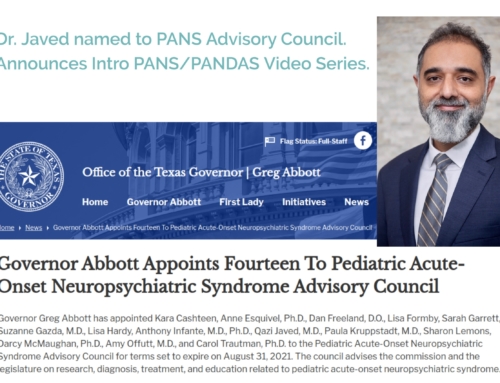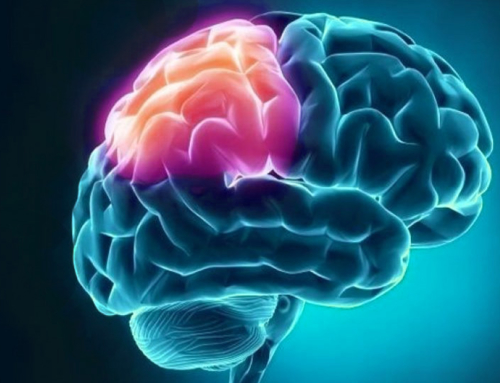For the sake of knowledge Faust sold his soul.
There are many who have died in the struggle for freedom of expression. Information’s importance to the world today can’t be overstated; yet with all that we possess right at our finger tips, it’s more important than ever to actually use it very judiciously. The power of the media would not be what it is if the effect of information on decision was not there. In some way, we change the world once we know about it. This also applies to medical information.
Medical information is available on many sites around the web, ranging from excellent, well-documented research studies to hearsay purported by advertisers who stand to benefit from the falsehoods they perpetuate. The problem with all of this readily available information is how it’s implemented.
Information can be useful if it builds upon a framework of knowledge already present. Yet unless it is compared, differentiated, serialized and assimilated it will be a factoid without relevance. The research study that aids a physician in making a decision has a significantly different impact on a non medical person who picks up on a conclusion based on his or her limited framework of knowledge.
Consider this: A retired teacher finds himself having more and more difficulty urinating. He goes to Google and does a search for the potential causes of his symptoms. He is soon overwhelmed by the information he finds.
He reads individuals discussing their symptoms on the web. And then he sees the C word. He could actually have cancer of the prostate, he thinks. But then he reasons that he could also have benign prostatic hyperplasia. The symptoms of a urethral stricture also seem applicable. He decides that the best course would be to see his primary care physician.
Our retired teacher then talks to his primary care physician who diagnoses benign prostatic hypertrophy. The teacher however has had cancer on his mind. He remembers his friend who kept on going to his doctor, only to be sent back with one medicine or the other. It was only later that cancer was diagnosed. It was inoperable and advanced, soon claiming his friend’s life. He does not want a similar fate for himself. He makes up his mind to attack the medical literature with a vengeance. After all the art of acquiring knowledge is his specialty.
Luckily our teacher did not get any side effects from the alternative medications he decided to take. He did not have any interactions between prescribed medications and non prescribed medications. He did start exercising and changed his diet to a vegetarian based diet. He started meditating. All in all, it worked out for our gentleman; however, his opinion of physicians being useless in his campaign to maintain health was further strengthened.
I hope he lives happily ever after. It would also be interesting to think back on how his life might have been different had he not accessed the huge digest of information related to his symptoms.
There is a stage in life when a child refuses to believe his parents because his teacher says something different. Similarly it is so very common in adults to believe a pharmacist over a physician, or a blogger over a research study.
Information can be a blessing when it is utilized in the context of a treatment plan. And it can produce resistance towards treatment just as quickly. Physicians are in the ideal position to act as a gateway to all this medical information. An open attitude is vital on the part of both the patient and the physician to ensure that a physician patient dialogue is established. In the unregulated world of the internet, it is good to have an expert by your side when seeking optimal health.






